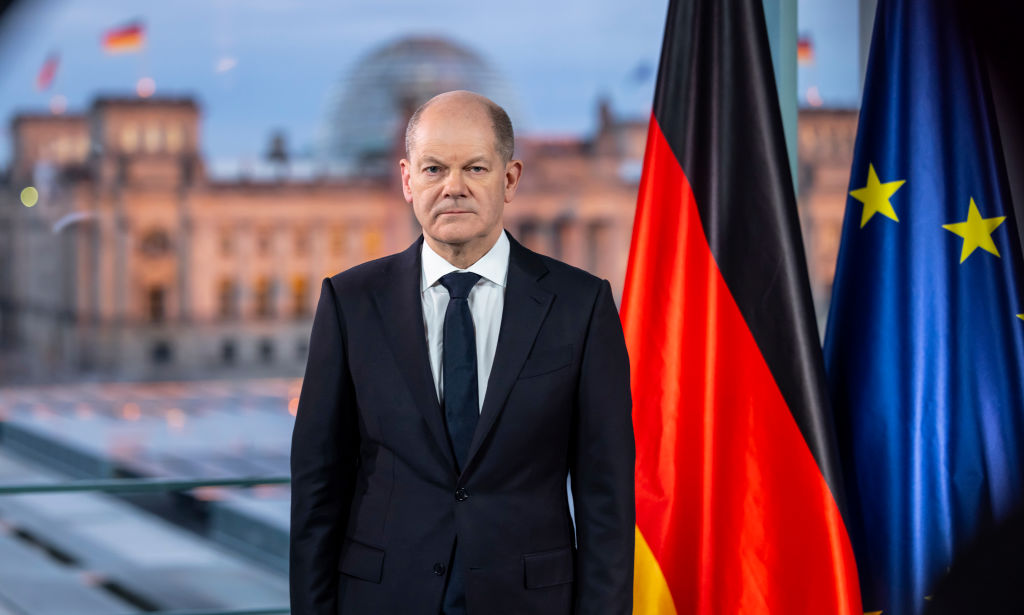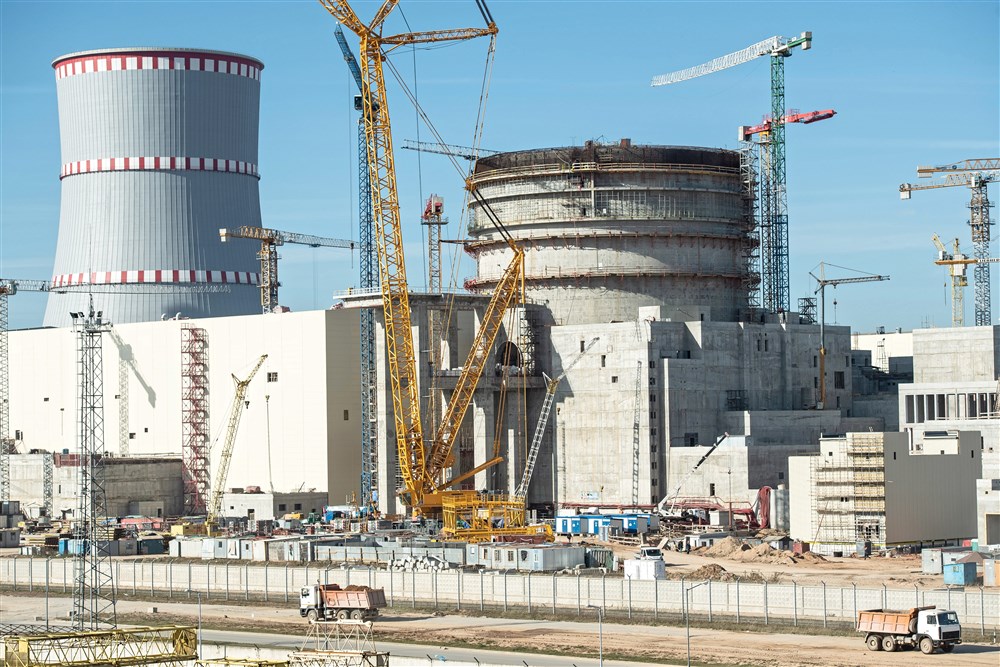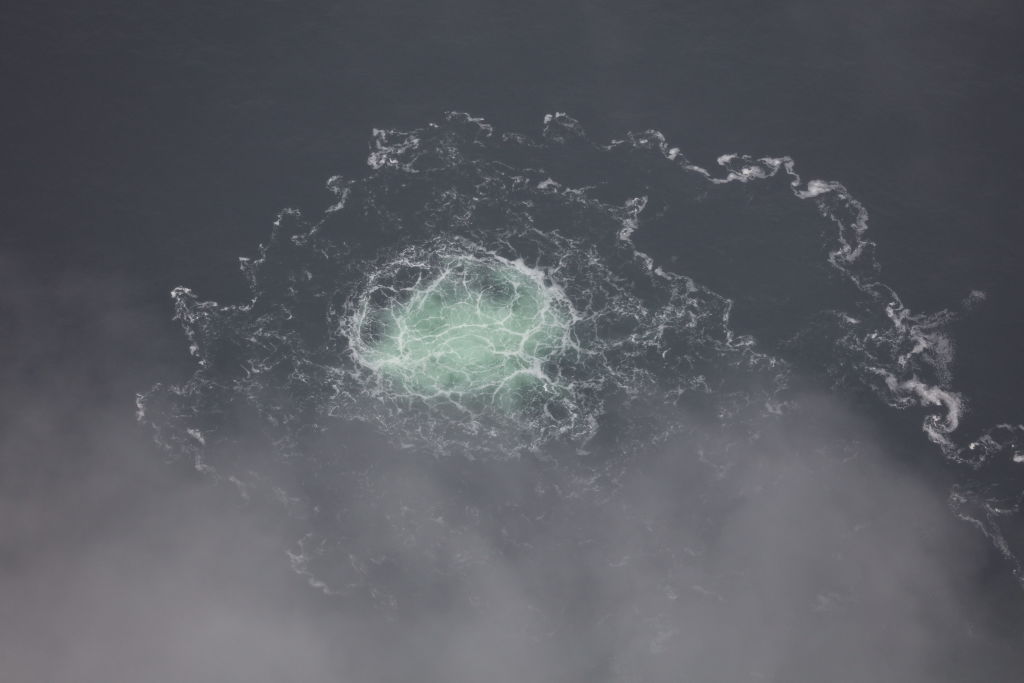Russia says there is now nothing to hold it back from blowing up “its enemies’ undersea communications cables”, after accusing the West of being responsible for the destruction of the Nord Stream pipelines bringing Russian natural gas to Europe.
In a Twitter post, former Russian leader Dmitry Medvedev, who is now deputy chairman of Russia’s Security Council, chillingly warned: “Based on the proof of Western countries’ complicity in blowing up the Nord Stream pipelines, we have none, not even moral limitations left to refrain from destroying our enemies’ undersea communications cables.”
Based on the proof of western countries’ complicity in blowing up the Nord Stream pipelines, we have none, not even moral limitations left to refrain from destroying our enemies’ undersea communications cables
— Dmitry Medvedev (@MedvedevRussiaE) June 14, 2023
In light of Moscow’s threat, rattled Northern European nations have vowed to step up protection of their offshore facilities.
Russia’s apparent intention to wreak revenge over the sabotage of the commercially important Nord Stream pipelines comes as suspicion shifts from Russia to Ukraine as the culprit, something the Russians insist is the case.
Moscow’s sabre-rattling has ramped up safety concerns in Northern Europe and, on June 13, a coalition of countries made a commitment to enhance the protection of their vital offshore and undersea infrastructure. They also expressed alarm over what appeared to be Russian vessels engaging in mapping activities, potentially in preparation for an attack.
The European countries’ position was made clear following a meeting of defence ministers from the UK-led rapid-response Joint Expeditionary Force (JEF) in Amsterdam, convened to discuss Russia’s conflict in Ukraine.
Anxiety over the possibility of attacks on energy and communication infrastructure beyond Ukraine has escalated, in part caused by the increasing perception that the Nord Stream explosions were caused by Ukrainian forces.
In a joint statement, defence ministers from the JEF members Denmark, Estonia, Finland, Iceland, Latvia, Lithuania, the Netherlands, Norway, Sweden and the UK reiterated their intention to preserve security and stability in Northern Europe. In addition, they reaffirmed their commitment to strong cooperation on tackling any threats from a military perspective.
They said they would “accelerate cooperation in the JEF in order to detect, deter and respond to threats against our critical undersea and offshore infrastructure, reassure allies and demonstrate collective commitment to the security and stability of Northern Europe; all in full alignment with NATO”.
Also on June 13, it was revealed that the Dutch military intelligence services, MIVD, had discovered plans to blow up Nord Stream before the blasts and informed the CIA. The US agency, in turn, alerted other secret services in Europe and, it is claimed, also warned Ukraine in June 2022 not to sabotage the pipelines.
Shortly after the blast, Belgian intelligence received information from the CIA that pointed towards the Ukrainians, according to Belgian media. https://t.co/rbHqyyewNa
— Brussels Signal (@brusselssignal) June 12, 2023
Russia has long believed the UK was behind the destruction of Nord Stream, accusing the British Navy of perpetrating the explosions. Moscow demanded an international investigation and said those behind the sabotage should be punished. Germany, Denmark and Sweden are investigating the case but Russia has repeatedly said it wants more transparency.
“It would be useful to think about the reasons for the stubborn unwillingness of the collective West to launch a transparent and objective international investigation under the auspices of the UN Security Council in the terrorist attacks in the Baltic Sea,” Andrey Ledenev, a high-ranking Russian diplomat to the US, was quoted as saying in a post on the Russian Embassy’s Telegram messaging channel.
Ledenev added that the role of the US in relation to the blasts should also be “clarified” amid the claims the Americans had warned Ukraine not to attack the Nord Stream pipelines.





